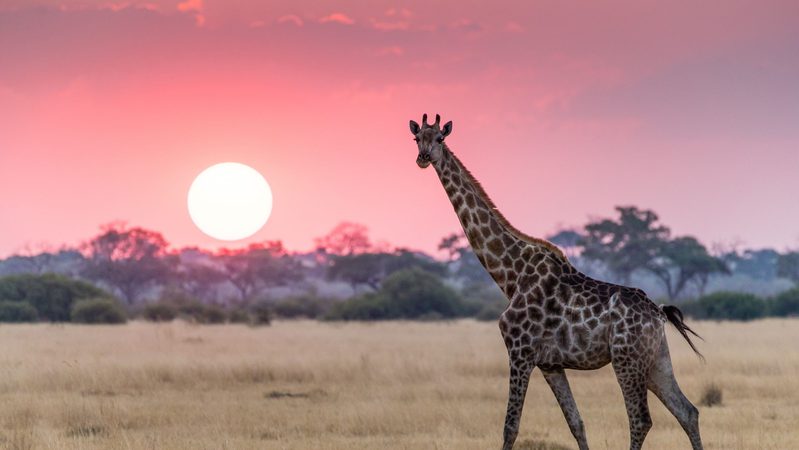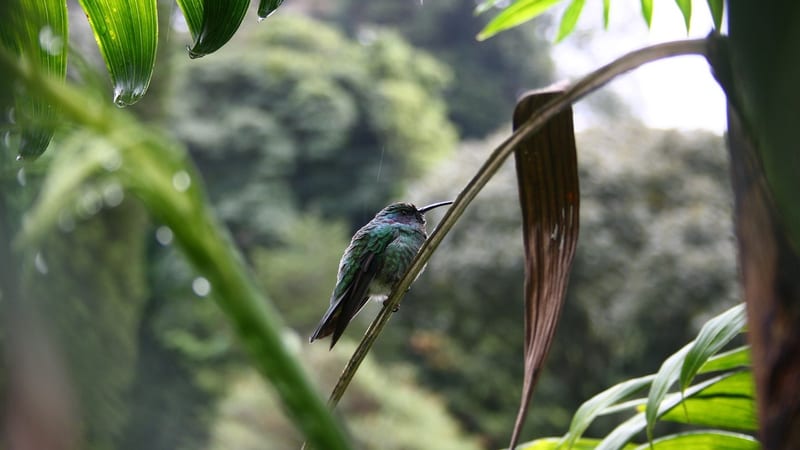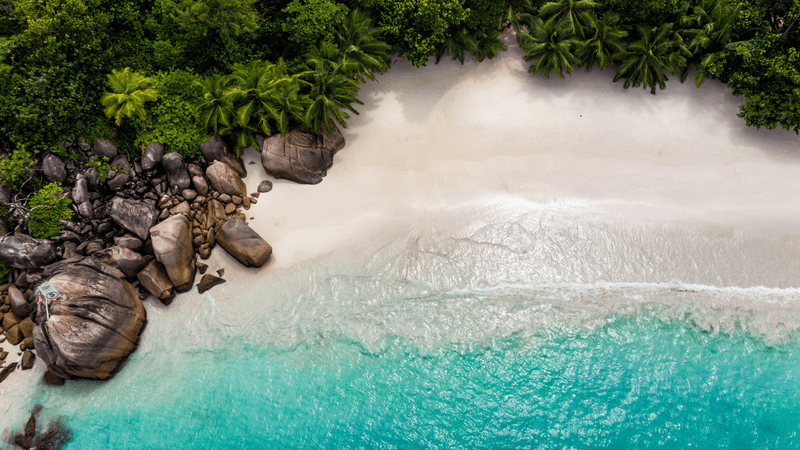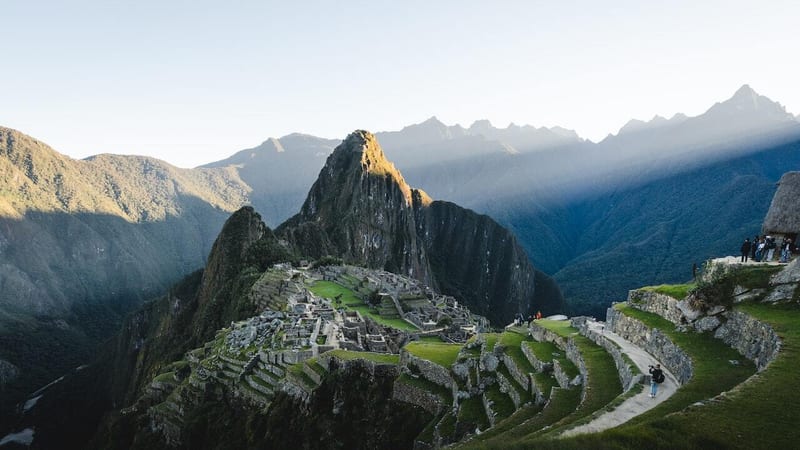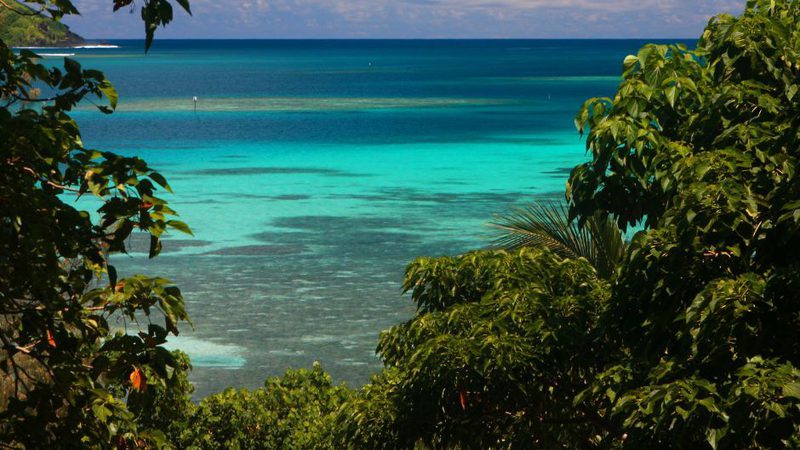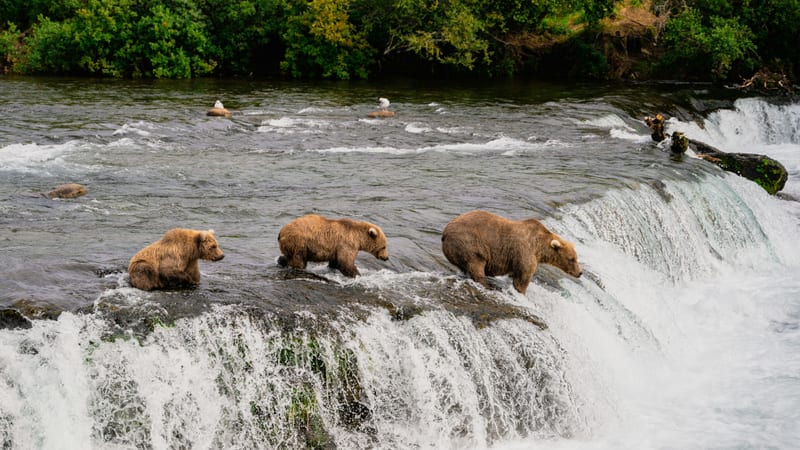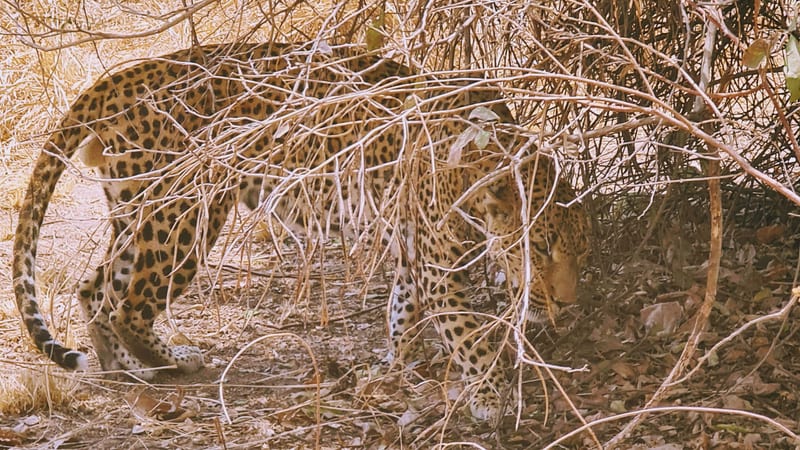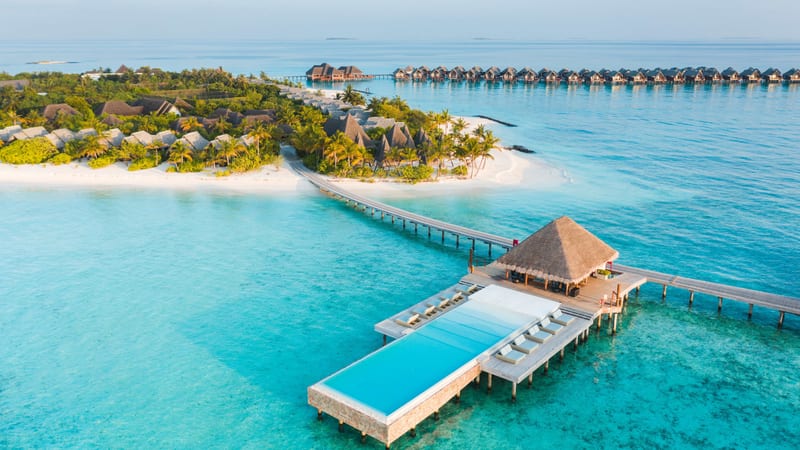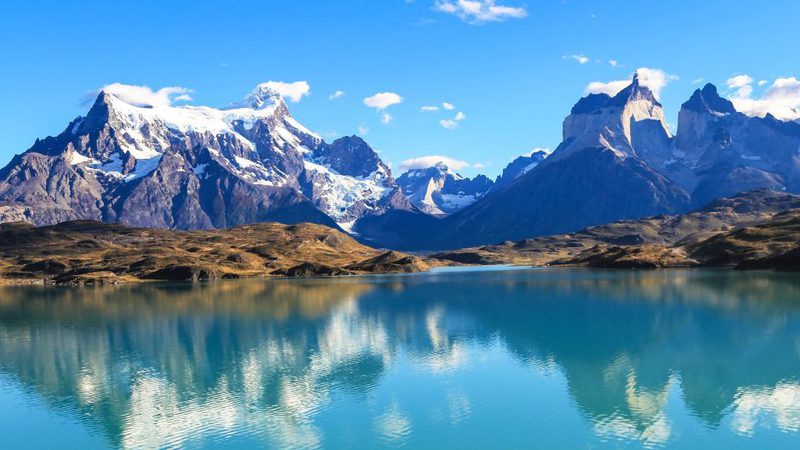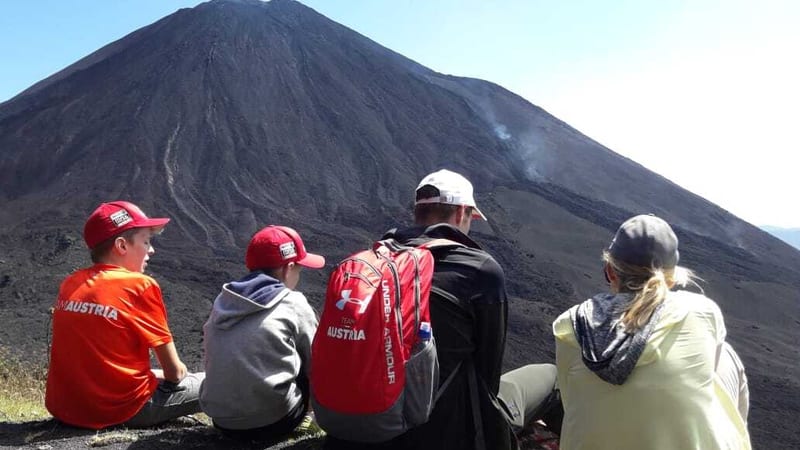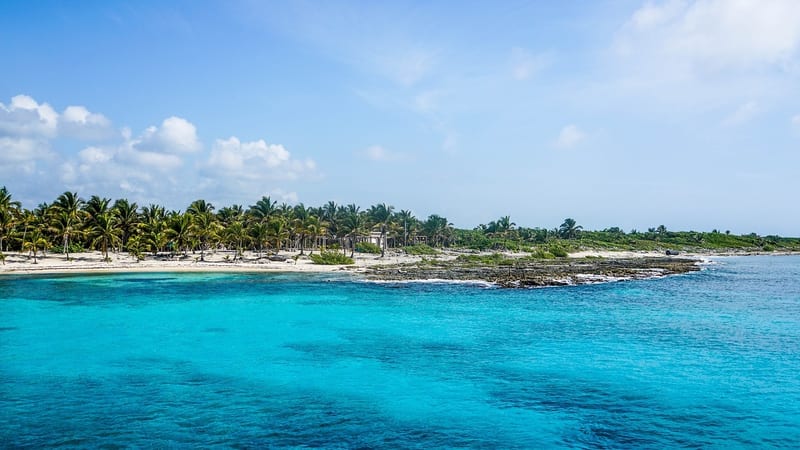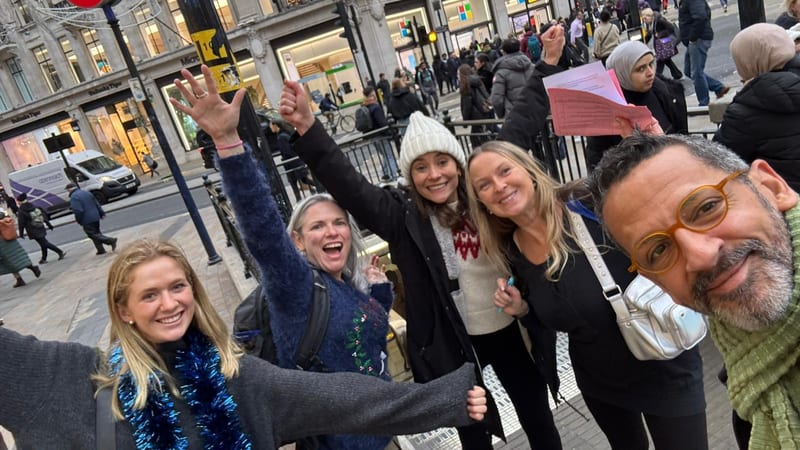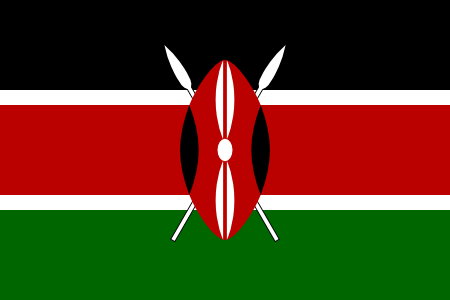
Quick Facts
- Area: 580,367 sq km
- Capital: Nairobi
- Religions: Christian (Protestant, Catholic), Muslim, indigenous beliefs
- Population: 44,037,656
- Languages: English, Kiswahili, many indigenous languages
- Currency: Kenyan Shilling (KES/KSH)
- Time Zone: GMT + 3 hours; British Summer Time + 2 hours
Geography and Climate
The East African country of Kenya rises from a its Indian Ocean coastline to the mountains and plateaus in its centre. Most Kenyans live in the highlands which includes the capital, Nairobi, at an altitude of 1,700m (5,500 feet). These higher elevations mean that, even though Nairobi is near the Equator, it is a lot cooler than other areas. To the west of Nairobi the landscape transforms into the Great Rift Valley which runs north-south along the spine of Africa. Most of northern and eastern Kenya consists of rugged desert or semiarid grasslands.
Mombasa
Average annual temperature and rainfall:

Masai Mara
Average annual temperature and rainfall:

Passports and Visas
Visas are required by some nationalities for entry to Kenya including British Passport holders. Kenya visas can either be obtained prior to departure from the Kenya High Commission in London, through the online e-visa facility http://evisa.go.ke/evisa.html or on arrival in Nairobi. British passport holders can obtain visas on arrival in Nairobi or Mombasa for US $50. Passports should be valid for six months beyond your intended stay, with a minimum of two blank pages. Most other nationals must obtain visas, please contact your foreign travel office further information.
For newlyweds taking advantage of honeymoon offers, please note an original wedding certificate or a certified copy may be required at hotels for honeymoon packages.
Check the foreign office for all the latest travel advice for Kenya.
Health
We hope the information below is helpful, but it is only guidance; requirements change frequently and you MUST check all health requirements yourself with your GP.
- There are no compulsory inoculation requirements for entry into Kenya, although a Yellow Fever Certificate is required if travelling from an infected area. Travellers to Kenya are strongly advised to take anti-malaria medication.
- Due to the proximity to the Equator, the sun's rays are deceptively strong, and sunburn is a risk even on a cloudy day. High factor sun lotions/sun block, a hat and sunglasses are strongly recommended.
- As prescribed medications can be difficult to obtain, sufficient supplies should be carried in hand luggage. For those that wear glasses or contact lenses, spare pairs are invaluable.
- Please ensure that you are fully up to date with your country of destination’s Covid travel policies. Click here for the latest FCO advice.
More information on the latest health requirements can be found at the Travel Pro Health website.
Insurance
Your travel insurance should provide cover for cancellation and curtailment, medical insurance, lost or damaged baggage and emergency evacuation. We are fortunate to be partnered with Rush Insurance who provide a range of travel insurance policies specifically for the type of trips we offer. We have a dedicated page on their website here.
Money
The Kenyan Shilling is a convertible currency – approximately 100 KES to the dollar. We recommend taking US dollars in small denominations (dated post-2006) and Kenyan Shillings. Please bear in mind that some establishments will not have credit card facilities. Cashpoints (ATMs) are found in almost all towns in Kenya and most accept international credit and debit cards issued in the UK, US and Europe.
Always change money through an official agency - avoid street vendors as they are illegal. In Kenya, US dollars have become common currency in many international hotels and some hotels and safari lodges require payment in US dollars for extras charged to the room - it is worth checking this with reception on arrival.
American Express, Visa & MasterCard are accepted in some Camps and Lodges and in most larger hotels and shops. However, additional charges are sometimes levied.
Tipping
Tipping is at your discretion and the following should be used as a guideline. At safari camps and lodges, a central tip-box is commonplace.
- Porters: KES 100 (US $1.00) per bag
- Restaurant, Safari Camp and Hotel Staff: KES 200 (US $2.00) per person per day
- Driver-guides: KES 3500 (US $35.00) per vehicle per day
Recommended Reading
Wildlife and Travel Guides
- A Field Guide to African Wildlife, Peter Alden and Richard Estes
- The Bradt Travel Guide Kenya
- Birds of Kenya and Northern Tanzania (Helm Field Guides) Dale A. Zimmerman, David J. Pearson and Donald A. Turner
- Collins Wildlife of Kenya, Tanzania and Uganda, David Hosking and Martin Withers
- Collins Field Guide Birds of East Africa, JG Williams and N Arnott
- Elephant Memories, Cynthia Moss
- Field Guide to the Birds of East Africa - Kenya, Tanzania, Uganda, Rwanda, Burundi, T Stevenson and J Fanshawe
- The Safari Companion: A Guide to Watching African Mammals, Richard Estes
- The Kingdon Field Guide to African Mammals, Jonathan Kingdon
- Sasol Birds of Prey of Africa and its Islands, Alan Kemp
Other Interesting Reading
- Flame Trees of Thika, Elspeth Huxley
- Broken Spears, Elizabeth Gilbert
- An African Love Story, Daphne Sheldrick
- Out of Africa, Karen Blixen
- Man Eaters of Tsavo, J H Patterson
- My Pride and Joy, George Adamson
- White Mischief, James Fox
- Weep Not, Child, Ngugi Wa Thiong'o
- The Great Safari - The lives of George and Joy Adamson, Adrian House
- The Bolter, Frances Osbourne
- Shadow of the Sun: My African Life, Ryszard Kapuscinski
- Ice-Cream Wars, William Boyd
- Vanishing Africa, Mirella Ricciardi

